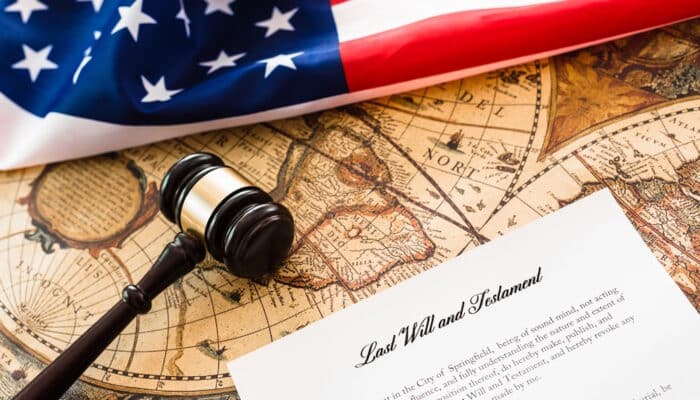There are potential issues and risks associated with unrecorded or “pocket” deeds in the context of real estate transactions and Estate Planning.
Here is a brief summary of the key points:
- Delivery Requirement: A deed is not effective until properly signed and delivered. If a deed is not recorded, questions may arise about whether it was delivered, creating a cloud on the title. Title companies may require legal action, such as a declaratory action to quiet title, before issuing a policy.
- Creditor Liens: Unrecorded deeds may not put third-party creditors on notice of the property transfer, allowing creditors to place a lien on the property. This can lead to legal actions to address the lien.
- Tax Issues: Holding onto property until death can provide tax benefits, such as a stepped-up basis. Unrecorded deeds may result in the need to file a federal gift tax return and forfeit potential tax savings.
- Probate Concerns: Unrecorded deeds may not always avoid probate, especially if recording laws change or if issues arise with the deed. Probate may be required to address a botched conveyance.
- Florida Quit Claim Deeds: In Florida, a quitclaim deed can generally be recorded after the death of the grantor. However, delays in filing may create problems, and there are new requirements for updating the property appraiser with changes in beneficial ownership.
- Case Law: Florida case law emphasizes that the failure to record a properly delivered deed before the grantor’s death does not render the deed void. Recording statutes are primarily intended to protect bona fide purchasers and creditors.
- Probate Process in Florida: Assets titled solely in a deceased person’s name must go through probate in Florida. Different methods, such as trusts, lady bird deeds, and joint ownership with right of survivorship, may avoid probate in specific situations.
- Pocket Deeds Issues: This article highlights issues with “pocket deeds” or deeds executed during the grantor’s lifetime but not delivered and/or not recorded. Without proper delivery, nothing passes to the grantee, and the deed may be ineffective.
- Alternatives to Pocket Deeds: The article suggests alternatives like life estate deeds, enhanced life estate deeds (Lady Bird deeds), and land or other types of trusts as safer and more effective options for estate planning, avoiding probate, and maintaining control over property.
- Caution with Enhanced Life Estate Deeds: Some authorities advise caution when preparing enhanced life estate deeds and mention potential insurability issues. It is recommended that one seek the services of an experienced attorney to ensure that the proper language is used for creating an enhanced life estate.
- Land Trusts: Land trusts are presented as an alternative that provides privacy and avoids probate. The successor beneficiary in a land trust automatically takes ownership after the initial beneficiary’s death. Although, some authorities frown on this method in Florida.
- Conclusion: Estate planning and real property attorneys should advise clients on potential issues related to real property conveyances. Conditions precedent should be carefully documented, and deeds should be provided to escrow agents and/or recorded with the county to ensure proper delivery.
Overall, the case law underscores the importance of proper planning, documentation, and legal advice to avoid complications in real estate transactions and Estate Planning in this regard.
The foregoing is a brief and general overview of the benefits of proper planning in Florida regarding the foregoing areas.
If you have any additional Questions regarding the foregoing or have any legal issue or concern, please contact the law firm of CASERTA & SPIRITI in Miami Lakes, Florida.










